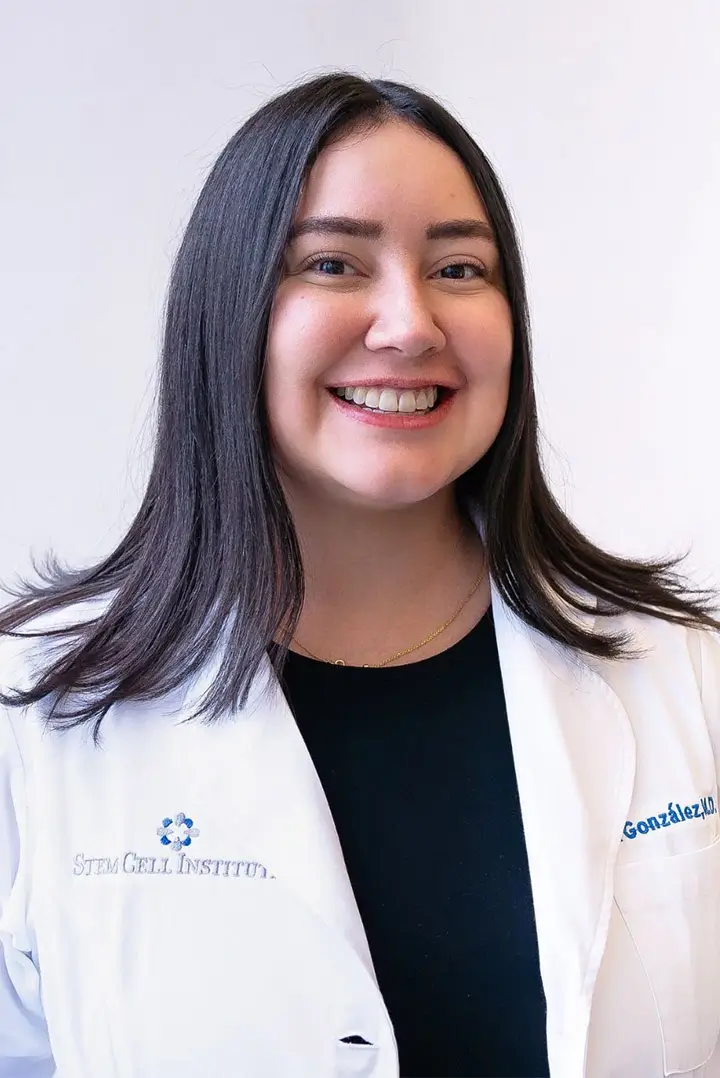For the first time in the country, Thailand is planning to conduct clinical trials to treat three major neural diseases confirmed the Prasat Neurological Institute.
“Well, actually, we have started,” Dr. Maiyadhaj, the director of the institute told the annual academic conference of the Department of Medical Services, held in Bangkok from Tuesday to Thursday.
Maiyadhaj explained that the procedures entail transplanting developed stem cells into the patients’ central nervous system. The trials will aid victims of stroke, spinal cord injuries, and Parkinson’s disease, with the project anticipated to commence this year.
Related studies from all over the world are currently being evaluated and assessed by Maiyadhaj and his team of 12 neurological and stem cell experts.
The institute’s ethics committee must endorse the project proposal that is at present being drafted prior to the start of patient trials planned for later this year.
The proposal includes a 10 million baht budget requirement for the first year, or roughly 270,000 in United States currency.
Ahnond, the secretary-general of the National Research Council of Thailand, confirmed that the Mahidol University’s cell engineering and tissue growth laboratory will develop the appropriate type of stem cells for the project.
“Don’t hold your breath, we’re just at the beginning,” said neurosurgeon Smarn of the Prasat Neurological Institute. “Though the efficacy of stem-cell transplant remains uncertain, it’s proved to be safe so far.”
Neurologist Akravudh, also from Prasat Neurological Institute added that neural organs like nerve cells are the most difficult to handle, contrasting other parts of the body.
“And the idea of replacing damaged human organs with new man-made ones cannot apply to the nervous system. The only way so far is stem-cell therapy,” he said.
Akravudh said that tumors were the most feared side effect of a stem cell transplant, since there is a possibility the transplanted cells could grow uncontrollably.
“With Parkinson’s we’re determining whether to grow dopaminergic neurons outside and then inject them into the patient’s bodies, or inject premature cells and then program them to become the proper nerve cells later,” Akravudh said.

